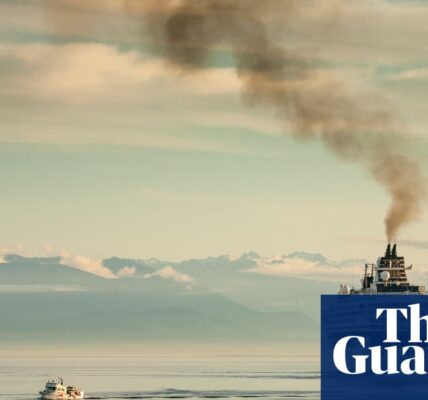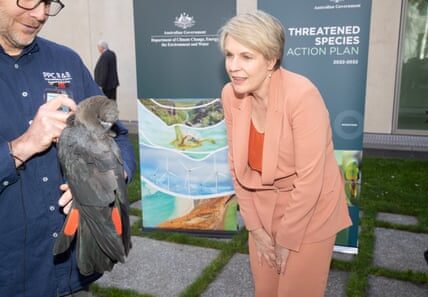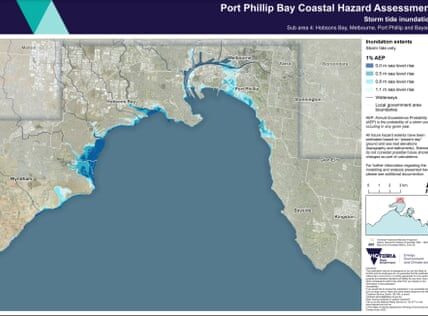Exploring life on the only open border between Europe and Russia, where the two continents meet in the sea.
F
From the town of Grense Jakobselv, located at the junction of the Norwegian-Russian border and the Arctic Ocean, one has a direct view into Russia. Likewise, Russian soldiers stationed on the opposite side of the river separating the two countries can also see into Norway.
During the summer season, many people visit the Norwegian side for activities such as fishing, observing beluga whales, enjoying the midnight sun, and looking into Russia following the Russian invasion of Ukraine. Despite the water temperatures typically remaining below 10C (50F), this area remains a popular destination. According to military adviser Trygg Arne Larsen, it is comparable to visiting Loch Ness.
The town does not have any permanent inhabitants anymore, but its small stone church, known as King Oscar II’s chapel, was constructed in 1869 on the hillside to signify the border and is still being utilized. Several camper vans, including one with a Russian license plate, are parked overlooking the Barents Sea, which glistens in the sunlight. A brief trip down the road leads to Storskog, the only Schengen border checkpoint into Russia that is accessible to tourists.

However, this does not mean that Norway, as a member of Nato, is not vigilant. The Norwegian military closely monitors a live-in watchtower called OP 247 24 hours a day. The top of the tower has a comfortable living space with amenities such as a gym, kitchen, and a large collection of DVDs and games for soldiers to use during their off-duty time. From this vantage point, one can see as far as Vardø, where Norway has military surveillance radars.
However, despite their opposing positions in Russia’s conflict in Ukraine, the two countries maintain a tense peace due to their shared access to the sea.
The boundary extends 12 nautical miles from the mouth of the river, preventing Russian and Norwegian ships from entering each other’s territory. The Barents Sea, which contains valuable cod resources, remains a shared area between the two nations. The two countries hold meetings to reach agreements on fishing quotas, with a meeting scheduled this week to determine levels for the upcoming year. Despite Russia’s suspension from the International Council for the Exploration of the Sea (ICES) due to their invasion, Bjarte Bogstad, a researcher at the Institute of Marine Research in Norway and the Norwegian representative for ICES, continues to work with his Russian colleagues whom he has known for many years.
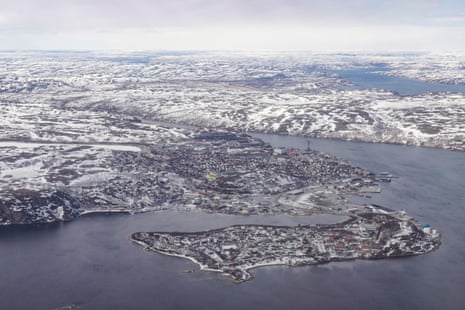
While there is tension since the war, he says, both countries see benefit to maintaining cordial relations on ocean matters, despite “the elephant in the room”. For example, he notes that although the fish are born on the Norwegian coast, they live both in the Norwegian and Russian zones – and it is in both countries’ interests to fish the bigger cod in the Norwegian zone rather than the still-growing cod in the Russian zone, as well as to limit access to any other third parties, such as the UK, EU and Iceland.
According to him, the institute where I am employed is likely one of the few remaining in the Western world to have any form of collaboration with Russian institutions, as the Norwegian government has excluded fisheries cooperation from the boycott against conducting business with Russia.

New limitations have been implemented. In the nearby port of Kirkenes, which is among the three Norwegian ports that Russian fishing boats are permitted to access, there is still a consistent presence of vessels with Russian flags. However, the freedom of movement for fishermen has recently been restricted and Russian ships are now unable to utilize Norwegian ports for repairs and upkeep, causing significant harm to local businesses.
According to Thomas Nilsen, the editor of the Independent Barents Observer, the conflict in Ukraine has negatively affected Kirkenes and is also causing heightened tensions in the Arctic region. He notes an increase in military exercises, surveillance, and focus on the Norwegian Sea and Barents Sea.

Kirkenes has been historically referred to as the “spy city,” but according to Nilsen, the focus on potential Russian surveillance has raised awareness among the public. This has made it more difficult for Russia to carry out such operations on land and at sea. Nilsen explains that Russia is aware that sending military troops into the area would trigger article 5 of the NATO treaty, which considers an attack on one member as an attack on all. However, he believes that Russia is still gathering information by sending individuals in civilian attire to map out Norwegian infrastructure, including bridges, water supply, and harbors.

At his base in Høybuktmoen, Commander Michael Rozmara of the border guard acknowledges that there has been a significant shift in the relationship between Russian and Norwegian border guards over the past 20 years. While there used to be a seemingly positive rapport on the water, this has changed drastically. In 2007, the two groups even had a combined holiday celebration for their families. However, after Russia’s invasion of Georgia in 2008 and annexation of Crimea in 2014, there have been no more joint Christmas parties.
The Norwegian consulate in Murmansk has shut down. The number of civilian crossings at Storskog, which used to be around 300,000 per year, has significantly reduced as visas expire. According to Rozmara, the majority of individuals entering Norway from Russia possess a Schengen visa or are fishing boat employees switching shifts at Norwegian ports.
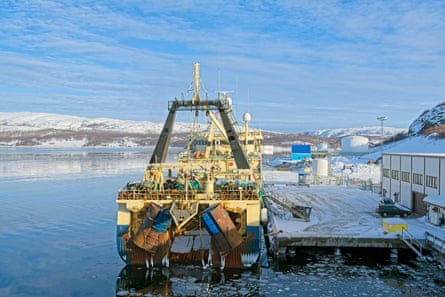
For years, we have been strategizing on how to protect Norway in case Russia becomes a threat, according to the speaker. The idea used to seem distant, but now, despite feeling disappointed about the deteriorating relationship, Rozmara is prepared to defend his country. He believes that this is an important moment to defend one’s beliefs, values, nation, and NATO, along with those who share similar principles.
Source: theguardian.com
